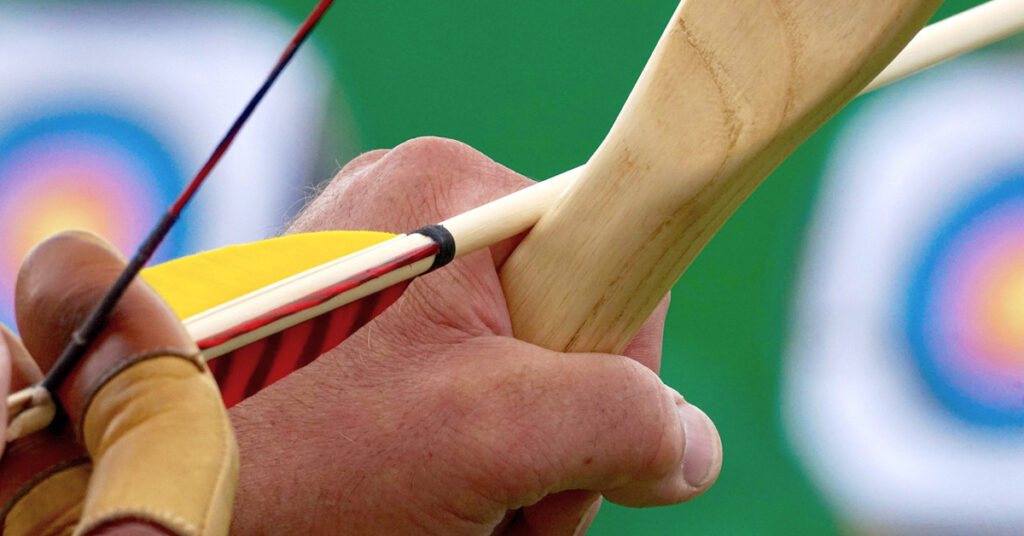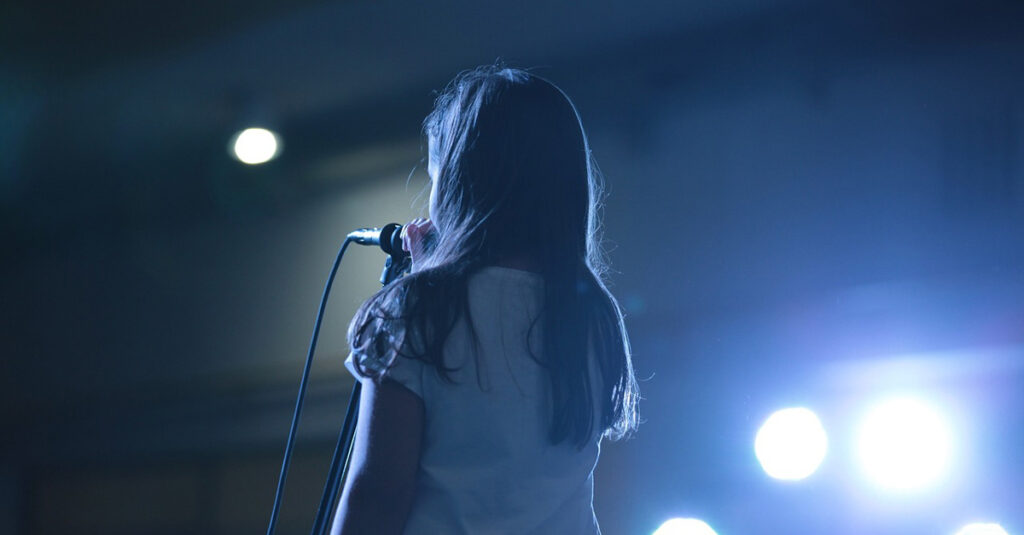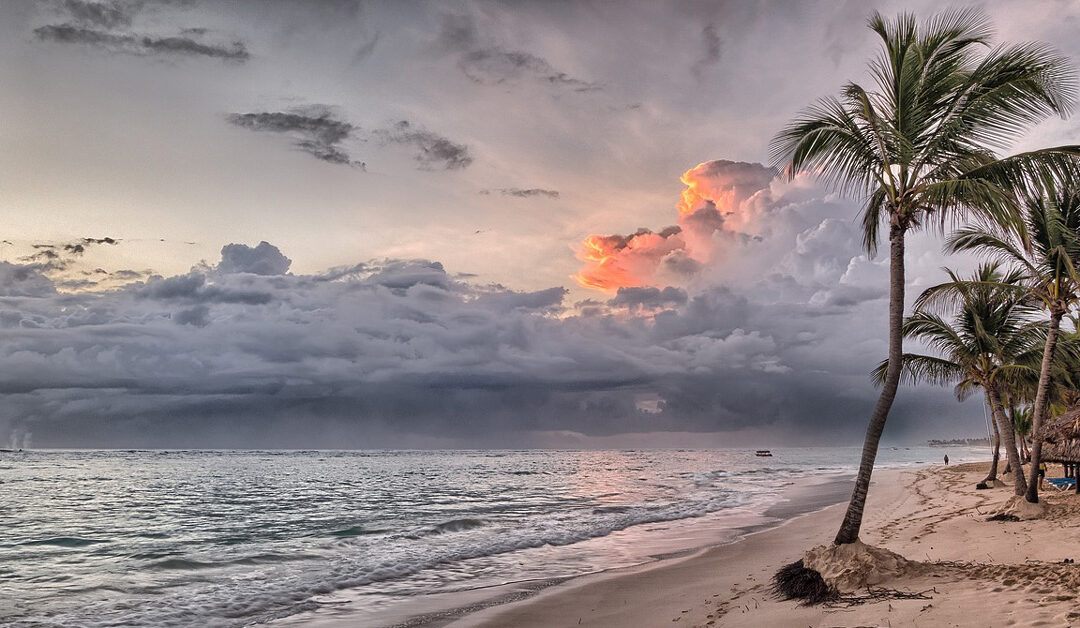Back in the day when school starts in June and ends some time March or April, the break between two school years was called “summer vacation.”
Anyway, so to keep kids pre-occupied while school is out, burgis parents had the option to have them take “summer classes.” A “summer class” is basically an extracurricular activity, though it’s accelerated and packed within the few weeks of the break.
That said, it can also refer to another way kids can spend their break. Students who were pasang-awa in their academics had to take a different kind of summer class, which was basically a remedial course in order for them to be promoted to the next year level.
When Are Summer Classes Held?
“Summer” is such a misnomer here in the Philippines, since we’re a tropical country where there’s just the wet and dry seasons. But “summer” seems to be more fashionable and exciting, so that’s what we basically call the stretch from March to May where we roast in heat and humidity.
Now that the break happens around end of May to July, one can argue that it is in a sense a summer break, since it’s summer in temperate countries in the northern Hemisphere at that time.

What Summer Classes Can Kids Take?
Sports – Some popular sports in the Philippines around the “summer” time are basketball, football, and swimming. We’ve pretty much associated summer sports clinics to MILO’s Best initiative. They’re still a safe bet for decent sports programs but know that other groups and private coaches can offer great affordable instruction as well.
Music and Arts – Aside from physical activity and sports, kids can explore their creativity through the arts. They can take music and arts courses. Music summer classes include voice lessons or learning to play instruments. Arts classes can range from how to draw to making a variety of crafts.
Dance and Theater – Kids can also try other performing arts like dance and theater. Ballet is quite popular with little kids, since it’s believed that it teaches kids nuance and grace. Theater is also great to build confidence and expression.
Academic – Kids can also do advanced learning by taking academic courses. Some summer programs can provide alternative approaches and methods to learning academic subjects. For example, science, technology, and math skills can be developed by learning coding and robotics.
Confidence and Social Skills – Some courses look to equip kids with social skills, communication skills, and etiquette. The local John Robert Powers, for instance, offer courses on personal development and the English language.
How Long Are Summer Classes?
Since the school year break often lasts two and a half a months, most summer classes are designed to run between two to six weeks.
Two-week courses can be intensive where kids will be attending one to two-hour sessions daily. Those that range four to six weeks are often held three days a week.
Often, courses have tiers depending on the kids’ experience. It is possible for kids to take a beginners course at the start of the break and then continue on to advanced courses the following weeks.
Summer classes are often designed to provide an introductory course to the field or discipline. Most would serve as a springboard or gateway for kids to take on year-long extra-curricular activities.
If you don’t want to invest in a full-course, some providers have sample classes where you can pay by the session. This way, you can see if your kid has any interest in a course before you have to commit to a longer engagement.
How Much Are Summer Classes?
Summer classes do have costs and require some investment. The costs for summer classes include:
- Course tuition
- Gear (apparel, instrument, tools, other specialized gear)
- Transportation
- Meals
- Other fees (tournament, recital)
For example, a football summer class can cost you:
- Tuition – 1 module/10 sessions (P4,500)
- Gear – Unform (P2,000) + Shoes (P3,500)
- Fees – Tournament (P1,000)

Are Summer Classes Worth It?
Summer classes can be worth it.
Kids can learn a lot through summer classes. In sports, they can learn discipline and teamwork alongside the actual physical skills and development they get from moving around. Arts help them become more creative. Performing arts and personal development can increase their confidence.
Classes also help kids get busy. Rather than have them just stay at home and be glued to their screens, summer classes encourage them to be up and about and interact with their peers face-to-face.
Just make sure you find good schools and providers who actually know how to teach these disciplines. Unfortunately, summer classes is often easy money. There are a number of two-bit hustlers out there who offer courses but aren’t really fit to teach kids.
Established names are a safe bet. But know that there are other smaller and up-and-coming providers who may be able to provide you better value for your spending.

